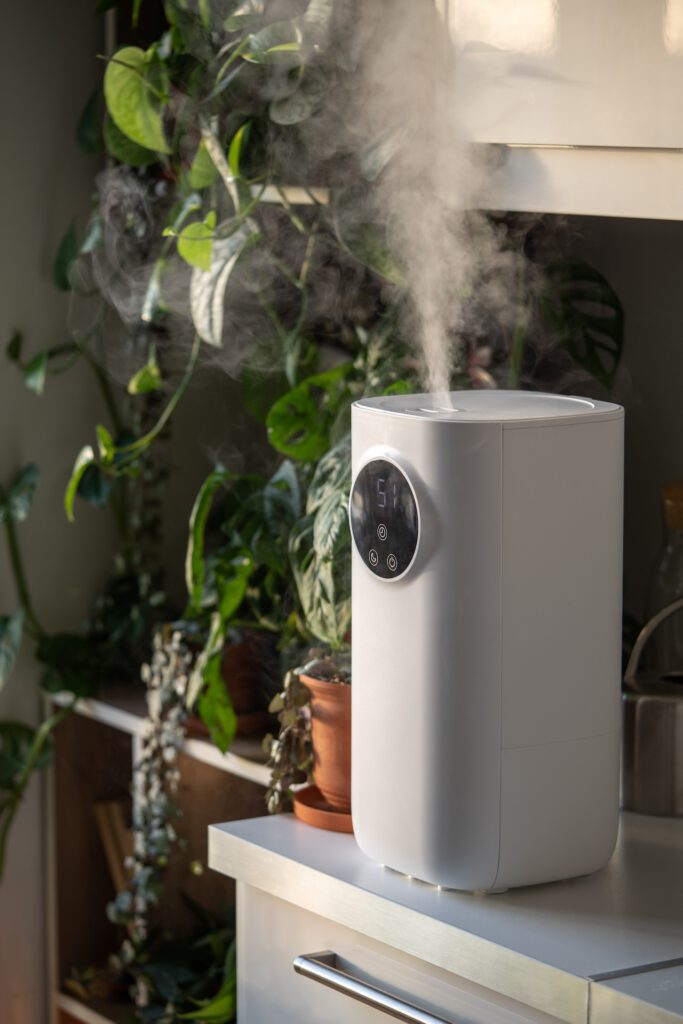When you think of “air quality”, the first thing that comes to mind is probably outdoor pollution or the air quality index on your weather app. However, your home air quality is just as important–especially in hot climates that create a perfect storm of pollution and allergens. Let’s dive into ways you can ensure your home has clean and healthy air.
Hot Climates Lead to Dangerous Home Air Quality
Hot climates create a combination of high temperatures and stagnant air: the perfect environment for pollutants to accumulate. Pollen, dust, and other allergens can get trapped in your home and create respiratory issues, especially for those with pre-existing conditions. High outdoor temperatures also cause pollutants like ozone to form and linger in the air.
In humid states like Georgia and Florida, moisture in the air can also lead to mold growth, worsening home air quality further and causing serious potential health risks.
The True Health Consequences of Bad Air Quality
The immediate effects of poor air quality are well-known: coughing, sneezing, and other allergy symptoms. However, the long-term consequences are much more severe:
- Respiratory Diseases: Poor air quality can trigger and worsen respiratory diseases such as asthma, chronic bronchitis, and emphysema.
- Heart Disease: The small particles found in polluted air can enter your bloodstream and increase the risk of heart attacks, strokes, and other cardiovascular issues.
- Pregnancy Complications: Pregnant women exposed to air pollution are at a higher risk of premature birth, low birth weight, and even birth defects.
- Cancer: Exposure to air pollution has been linked to various types of cancer, including lung cancer.
Your 5-Step Plan for Testing and Improving Your Home’s Air Quality
Luckily, ensuring good air quality in your home is not too difficult. Follow these five simple steps to test and improve your home’s air quality in hot climates:
Step 1: Hire an HVAC Technician
Your HVAC system is responsible for circulating air throughout your home, so it needs to be maintained regularly. Hire a professional technician to inspect and clean your system at least once a year.
Step 2: Change Your Air Filter Regularly
Air filters trap pollutants and allergens, but they need to be replaced or cleaned regularly to work effectively. Check your filter every month and replace it at least every three months.
Step 3: Use a Dehumidifier and Air Purifier
As mentioned earlier, humidity leads to mold growth and worsens home air quality. Invest in a dehumidifier to remove excess moisture from the air and keep your home at the perfect humidity level. An air purifier is also a great addition to eliminate pollutants.
Step 4: Keep Your Home Clean
Regular cleaning helps remove dust, pollen, and other contaminants from surfaces in your home. Vacuum carpets and rugs frequently, dust furniture and shelves, and mop hard floors. Don’t forget to clean your bedding and curtains regularly!
Step 5: Decorate With Air-Purifying Plants
Plants are not only a beautiful addition to your home, but they also act as natural air purifiers. Some great options for improving air quality include snake plants, peace lilies, and spider plants.
Start Breathing Easy By Calling Triad Mechanical
A well-maintained and efficient HVAC system is key to achieving good home air quality. Triad Mechanical offers professional HVAC services to ensure your system is functioning properly and keeping the air in your home clean and healthy. With these tips and a little bit of professional help, you can enjoy cool, clean air in your home all year round.
So don’t let the hot climate affect your indoor air quality any longer—take action today!


